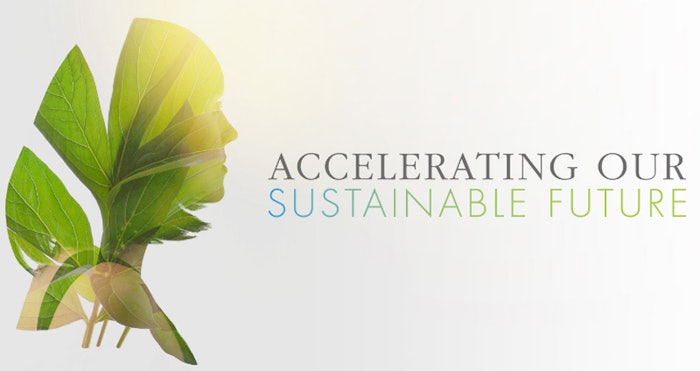
Conscious consumers are increasingly focused on sustainability, showing a more significant shift into sustainably-minded purchasing behavior than ever. Consumers are not only shopping for products with clear sustainability certifications and labels, but they are seeking transparency so that they can understand more about the companies behind their products—the manufacturers and their partners in the supply chain.
According to a June 2021 Global Consumer Insights Pulse Survey conducted by PricewaterhouseCoopers, an average of 60% of all millennials “chose products with a traceable and transparent origin.” Meanwhile, an average of 59% of global millennials “buy from companies that are conscious and supportive of protecting the environment.”
Croda’s ECO Range caters to this tremendous consumer desire for greener products. With the 100% renewable, 100% bio-based ECO Range of surfactants, Croda shows their commitment to delivering sustainable innovation to brands and consumers globally.
An alternate route to EO uses bioethanol from biomass sources, which significantly increases the bio-based content of ethoxylated products. It reduces reliance on fossil fuels, yet the performance is identical to petro-based options.
Moreover, the range is manufactured at their Atlas Point facility with renewable energy, which helps to lower the carbon footprint of the ingredients versus their fossil/petro-chemically derived counterparts. A unique element of the Atlas Point advantage is the use of local landfill gas to make renewable energy. The gas is captured from a landfill and travels to the Atlas Point site via pipe, where it is then converted via their Combined Heat and Power units to electricity and steam to power the facility.
The benefits of using landfill gas for energy go beyond the value of the power at the site. Landfill gas is primarily comprised of methane, a gas with a global warming potential 25 times greater than CO2 when measured over 100 years. Capturing and using this landfill gas avoids its release into the atmosphere, mitigating its environmental impact.
Another renewable energy source used at Atlas Point is Croda’s solar panels that are also used to power the facility. The total solar assets on-site at Atlas Point will produce 1.5MW of power—roughly the equivalent of 1,200 American homes.
Croda helps to maximize carbon reduction using renewable manufacturing processes and energy usage—with the use of renewable, bio-based feedstocks. These in combination, offer the unique benefit of significant carbon reduction, found with no other supplier of ethoxylates in the market today.
In addition, all ECO Range products can be considered vegan suitable and/or cruelty-free to help you meet your product positioning claims.
The ECO Range delivers improved bio-based content to Croda’s iconic surfactants in addition to overall carbon reduction, without compromising on the products' performance. Learn how the ECO Range can help you meet your sustainability goals.
Disclaimer:
The above paid-for content was produced by and posted on behalf of the Sponsor. Content provided is generated solely by the Sponsor or its affiliates, and it is the Sponsor’s responsibility for the accuracy, completeness and validity of all information included. Global Cosmetic Industry takes steps to ensure that you will not confuse sponsored content with content produced by Global Cosmetic Industry and governed by its editorial policy.










